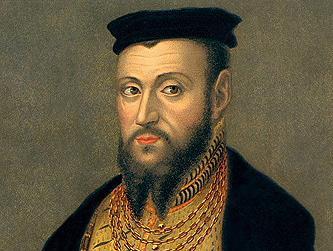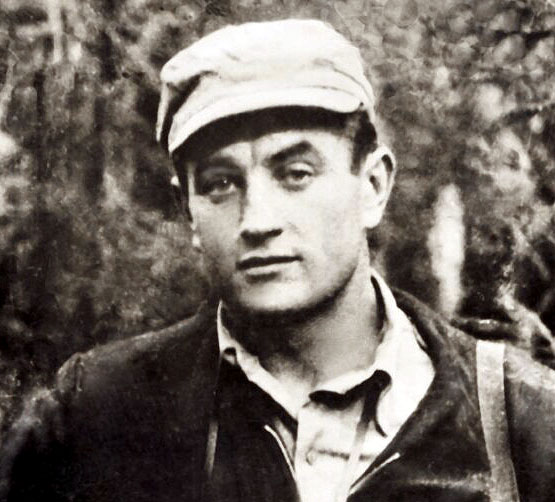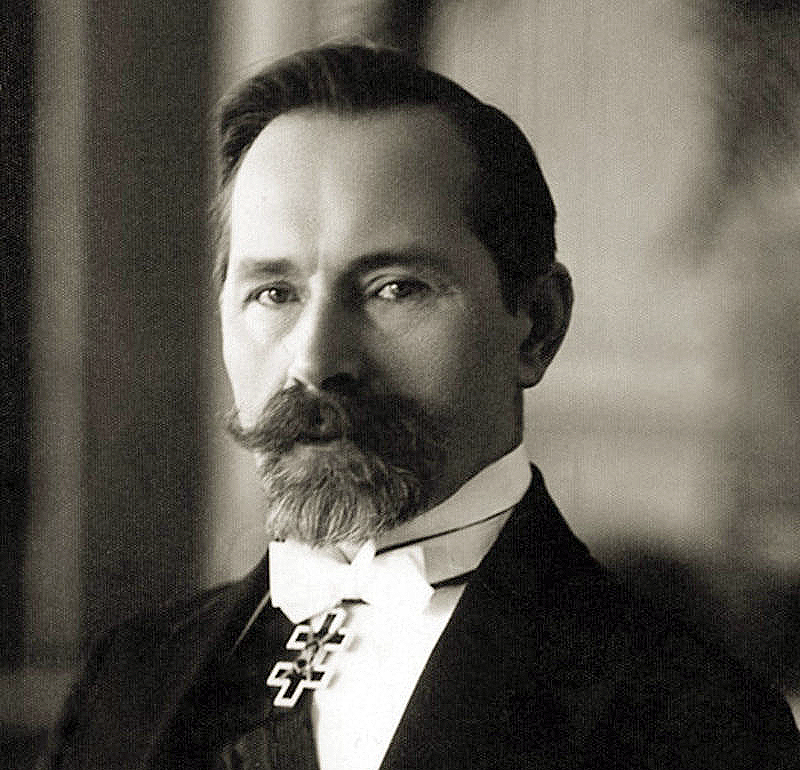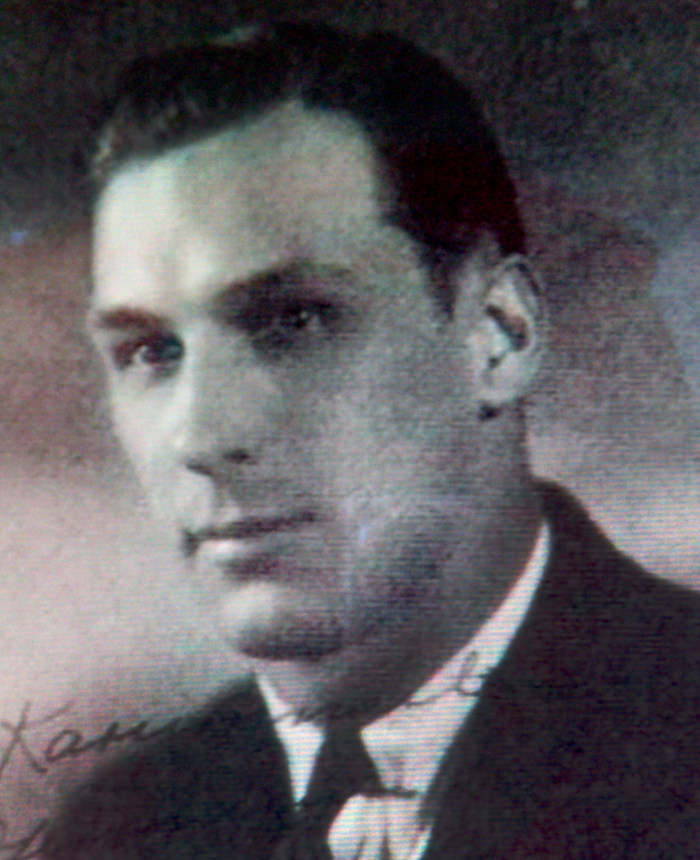Dates of birth of famous people, other important dates of Lithuania history
August
 1 d. 1520 Sigismund Augustus was born. The King of Poland (1548–1572) and the Grand Duke of Lithuania (1544–1572). Son of Sigismund the Elder, during whose rule Poland and the Grand Duchy of Lithuania merged to form a confederation, the Republic of the Two Nations. During the reign of Sigismund Augustus, the construction of the Palace of the Rulers in Vilnius was completed, and Vilnius became one of the most beautiful cities in Eastern and Central Europe. Sigismund Augustus died without a successor and was the last ruler of the Jagiellonian dynasty.
1 d. 1520 Sigismund Augustus was born. The King of Poland (1548–1572) and the Grand Duke of Lithuania (1544–1572). Son of Sigismund the Elder, during whose rule Poland and the Grand Duchy of Lithuania merged to form a confederation, the Republic of the Two Nations. During the reign of Sigismund Augustus, the construction of the Palace of the Rulers in Vilnius was completed, and Vilnius became one of the most beautiful cities in Eastern and Central Europe. Sigismund Augustus died without a successor and was the last ruler of the Jagiellonian dynasty.
1 d. 1930 Jonas Kazlauskas was born. Lithuanian linguist, one of the most famous in the 20th century. Balts, habilitated doctor of humanities.
2 d. 1549 Mikalojus Kristupas Radvila Orphan was born. State and cultural figure of the Grand Duchy of Lithuania. From the Nesvizh branch of the Radvila family of dukes. The son of Mikalojus Radvila the Black. The orphan's nickname was given by the King of Poland and the Grand Duke of Lithuania Sigismund Augustus. Around 1590 and 1600. organized field mapping works of the Grand Duchy of Lithuania. On the basis of them was formed in 1613. A map of the Grand Duchy of Lithuania, called the Map of Radvila the Orphan, was published in Amsterdam.
2 d. 1924 Stasys Lozoraitis was born. Diplomat, public figure, expatriate activist in the US and Italy. 1993 was a candidate for President of the Republic of Lithuania.
4 d. 1873 Alfonsas Petrulis was born. Priest, public figure, politician. One of the founders of the Rytas Society. Member of the Council of Lithuania, signatory of the February 16 Act. Actor of the Nation Progress Party.
4 d. 1912 Juozas Pakalnis was born. Lithuanian composer, conductor, flutist virtuoso, pedagogue. Since 1990 J. Pakalnis young performers' competition with wind and percussion instruments is organized.
 4 d. 1921 Juozas Lukša-Daumantas was born. One of the most prominent post-World War II leaders of the Lithuanian partisans, the anti-Soviet armed resistance
4 d. 1921 Juozas Lukša-Daumantas was born. One of the most prominent post-World War II leaders of the Lithuanian partisans, the anti-Soviet armed resistance
5 d. 1753 baptized Laurynas Stuoka-Gucevičius. Architect, the most famous creator of mature classicism in Lithuania. His work is equal to the best architecture of European mature classicism, has influenced the work of other Lithuanian and Polish architects of the classicism period. Designed some buildings of Verkiai manor homestead in Vilnius, reconstructed Vilnius City Hall. The most mature project is the reconstruction of Vilnius Cathedral and the belfry.
5 d. 1925 Jonas Švažas was born. Lithuanian painter. One of the most famous Lithuanian painters of the seventies and eighties. Initiator of the Vilnius Painting Triennial (organized since 1969).
5 d. 1928 Jonas Gricius was born. Lithuanian cinematographer. Lithuanian National Award (2013).
7 d. 1858 Martynas Jankus was born. Political and public figure of Lithuania Minor, publisher of the Lithuanian press, publicist.
7 d. 1859 Juozas Adomaitis-Šernas was born. Activist of the Lithuanian national movement. 1889 together with V.Kudirka organized the publication of the newspaper "Varpas", in 1889–1890. editor (until 1892 he wrote almost all the editorials).
8 d. 1882 Vladislovas Starevičius was born. Film director, painter, cameraman. Pioneer of spatial (puppet) animation. The beginning of Lithuanian animated cinema is considered to be the experimental puppet film “Battle of the Elkins” created by him in Kaunas in 1910. It is also believed to be the world’s first animated puppet film.
8 d. 1930 Arūnas Žebriūnas was born. Lithuanian film director. Government of the Republic of Lithuania Culture and Art Prize (2006). Lithuanian National Award (2011).
10 d. 1874 Antanas Smetona was born. President of the Republic of Lithuania. Signatory of the February 16 Act. Lawyer. 
13 d. 1962 Leonidas Donskis was born. Lithuanian philosopher, essayist, pedagogue, public figure and politician.
14 d. 1385 Krėva union concluded. Lithuanian ruler Jogaila and Polish nobles in Krėva Castle signed an agreement on the dynastic union of Poland and the Grand Duchy of Lithuania, according to which Grand Duke Jogaila, who married Queen Jadwy of Poland, was proclaimed King of Poland. Lithuania and Poland were not united - a separate army, separate legislative and judicial systems, separate treasuries and money supply, border and customs duties remained between the states. The treaty of the Krėva dynastic union was valid for 184 years - until 1569. the Union of Lublin was formed, which united the states into a confederate monarchy.
15 d. 1810 Laurynas Ivinskis was born. Poet, publicist, translator, publisher of the first Lithuanian calendar, folk educator.
15 d. 1915 Vytautas Kašuba was born. Lithuanian diaspora sculptor. 1937 won silver and gold medals for wood carvings at the World's Fair in Paris. A monument to the Grand Duke of Lithuania Gediminas, built by him, was erected in the Cathedral Square in Vilnius. Laureate of the Lithuanian National Prize (1993).
17 d. 1629 Jonas Sobieskis was born. Polish nobleman and soldier, king of Poland and ruler of the Republic of the Two Nations (1674–1696). During his reign, there was a constant struggle against the Ottoman Empire, and the Republic of the Two Nations emerged for the last time as one of the great European states.
17 d. 1898 Algirdas Julius Graičiūnas was born. Lithuanian engineer, management specialist, mathematician, one of the pioneers of management science.
 18 d. 1911 Feliksas Kriaučiūnas was born. US and Lithuanian basketball player and coach. He was the captain of the Lithuanian national team, which twice won the European Men's Basketball Championship (1937 and 1939).
18 d. 1911 Feliksas Kriaučiūnas was born. US and Lithuanian basketball player and coach. He was the captain of the Lithuanian national team, which twice won the European Men's Basketball Championship (1937 and 1939).
20 d. 1913 Meilė Julija Lukšienė was born. Historian of Lithuanian literature and culture, educator. 1988 one of the first raised the need to reform Lithuanian education, initiated the development of its theoretical foundations. Contributed to the development of national school (1988) and Lithuanian education (1992) concepts.
20 d. 1920 Vincentas Sladkevičius was born. Lithuanian Cardinal (1988), participant in the anti-Soviet resistance. Archbishop (1989).
21 d. 1886 Povilas Lukšys was born. The first Lithuanian soldier to die during the War of Independence (1918–1920).
21 d. 1945 Anatolijus Šenderovas was born. Lithuanian composer. Laureate of the Lithuanian National Prize (1997).
22 d. 1886 Romanas Bytautas was born. Lithuanian philosopher, psychologist and publicist. He was one of the first professional philosophers in Lithuania. He combined materialism with idealism, clarified the issues of the essence and self-consciousness of the nation, the principles of the formation of the nation. Language was considered the most important feature of the nation.
23 d. 1939 the Molotov-Ribbentrop Pact is signed. In Moscow, German Foreign Minister Joachim Ribbentrop and USSR People's Commissar for Foreign Affairs Vyacheslav Molotov signed a non-aggression pact between the two countries. According to the secret protocols of this treaty, Finland, Estonia, Latvia, Eastern Poland and the Romanian part of Bessarabia came under the influence of the USSR. Lithuania and Western Poland came under German influence. 1939 On September 28, 2006, after the outbreak of World War II, Germany and the USSR signed a border and friendship agreement with secret protocols, according to which Lithuania was ceded to the sphere of influence of the Soviet Union. The agreements between Germany and the USSR the beginning of the occupation of Lithuania, repressions, the Sovietization of the country, the tragedy of the deportations of the Lithuanian people. 23 d. 1989 The Lithuanian Sąjūdis, together with the Estonian and Latvian folk fronts, organized the Baltic Way. During the campaign, about 2 million residents of Lithuania, Latvia and Estonia joined hands to form a living chain through the Baltic States, thus symbolically separating them from the Soviet Union and expressing a desire to be free.
23 d. 1989 The Lithuanian Sąjūdis, together with the Estonian and Latvian folk fronts, organized the Baltic Way. During the campaign, about 2 million residents of Lithuania, Latvia and Estonia joined hands to form a living chain through the Baltic States, thus symbolically separating them from the Soviet Union and expressing a desire to be free.
24 d. 1882 Mykolas Biržiška was born. Lithuanian literary historian, signatory of the Act of Independence.
25 d. 1887 Kazys Šimonis was born. Lithuanian painte, graphic artist, poet.
31 d. 1993 the Russian army was withdrawn from Lithuania at 11 p.m. 46 min. the last military echelon of the Russian army passed the Kena railway station without stopping. Since 1995 this day is mentioned as Freedom Day.
Source of information:
Universal Lithuanian encyclopedia: https://www.vle.lt.
www.šaltiniai.info - an interactive database of Lithuanian language, literature (culture) and Lithuanian history learning sources.
Wikipedia - Internet encyclopedia.



